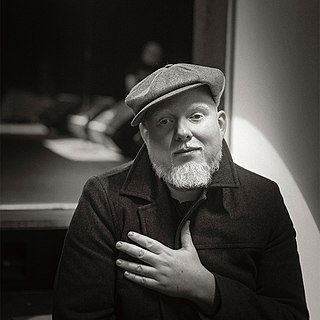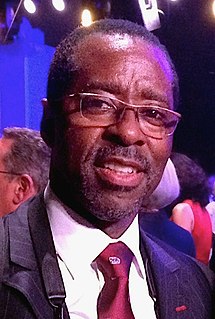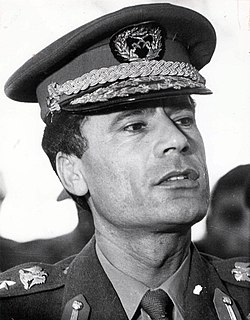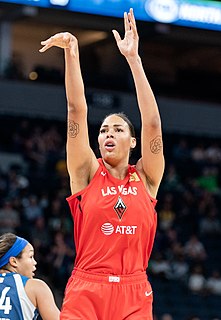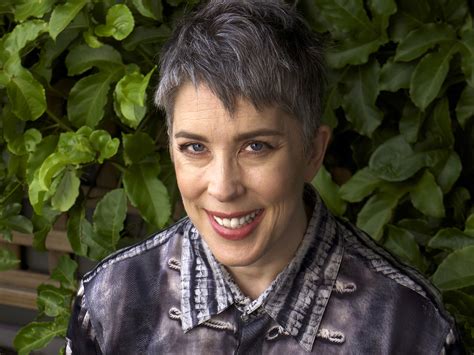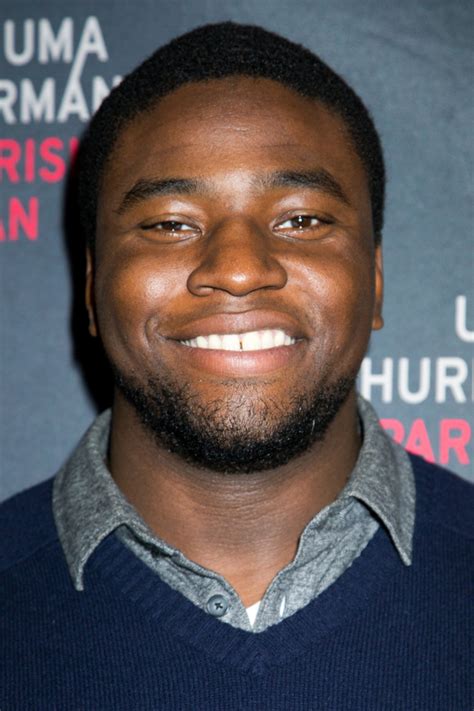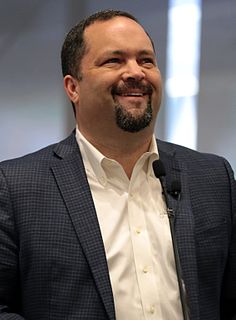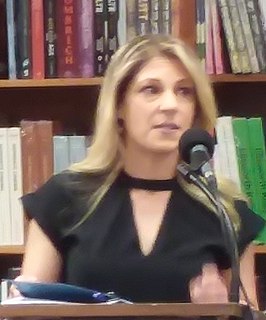A Quote by Brother Ali
I'm albino, my family is white, but I was really raised, and taught my important life lessons, by the black community.
Related Quotes
I was wowed by Margo Jefferson's memoir, Negroland, which is about growing up black and privileged in Chicago in the fifties and sixties. It was a window into an alien world. Obviously, I'm not black, but what was really alien to me was her family's focus on respectability. I was never taught when to wear white gloves, what length skirt is appropriate.
